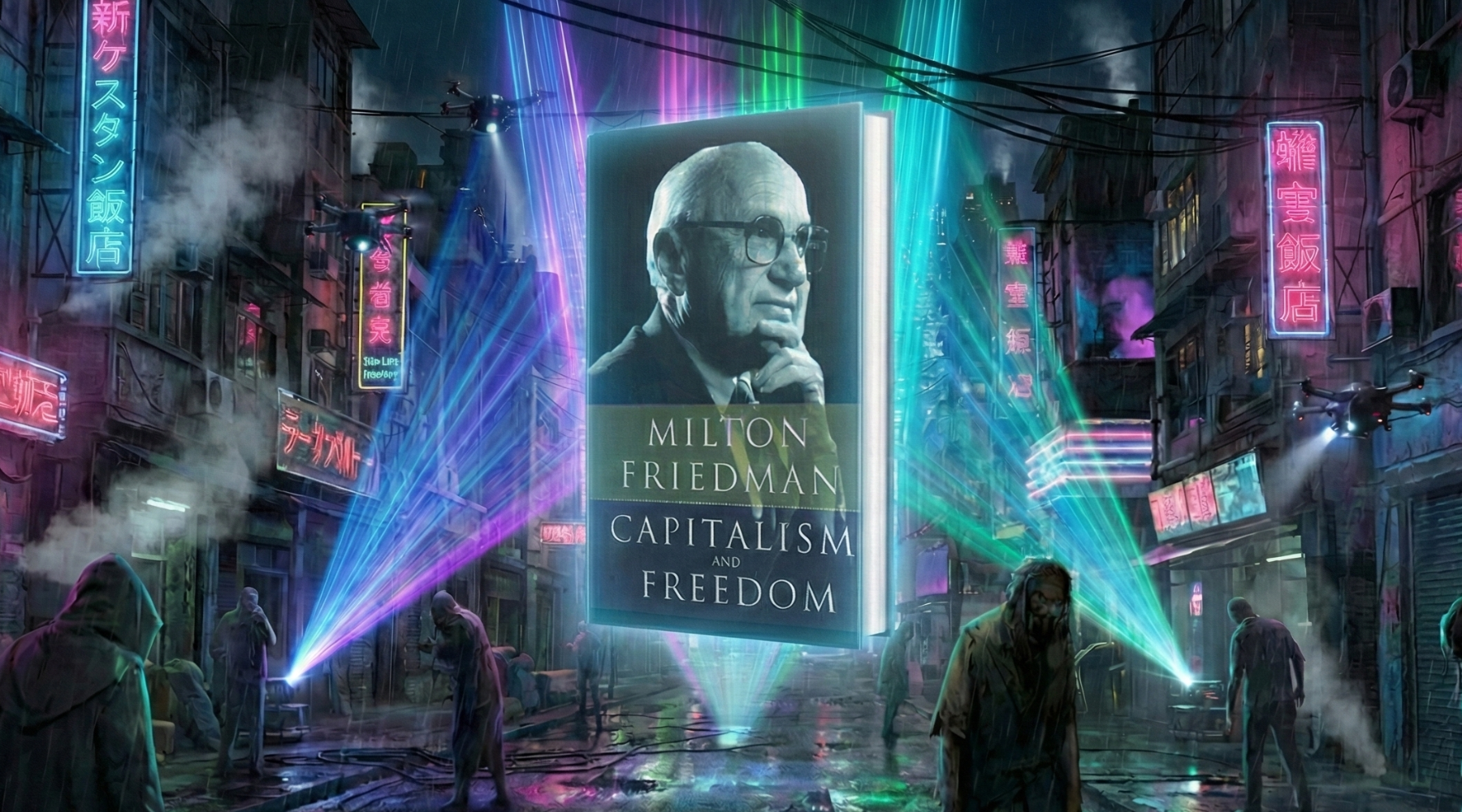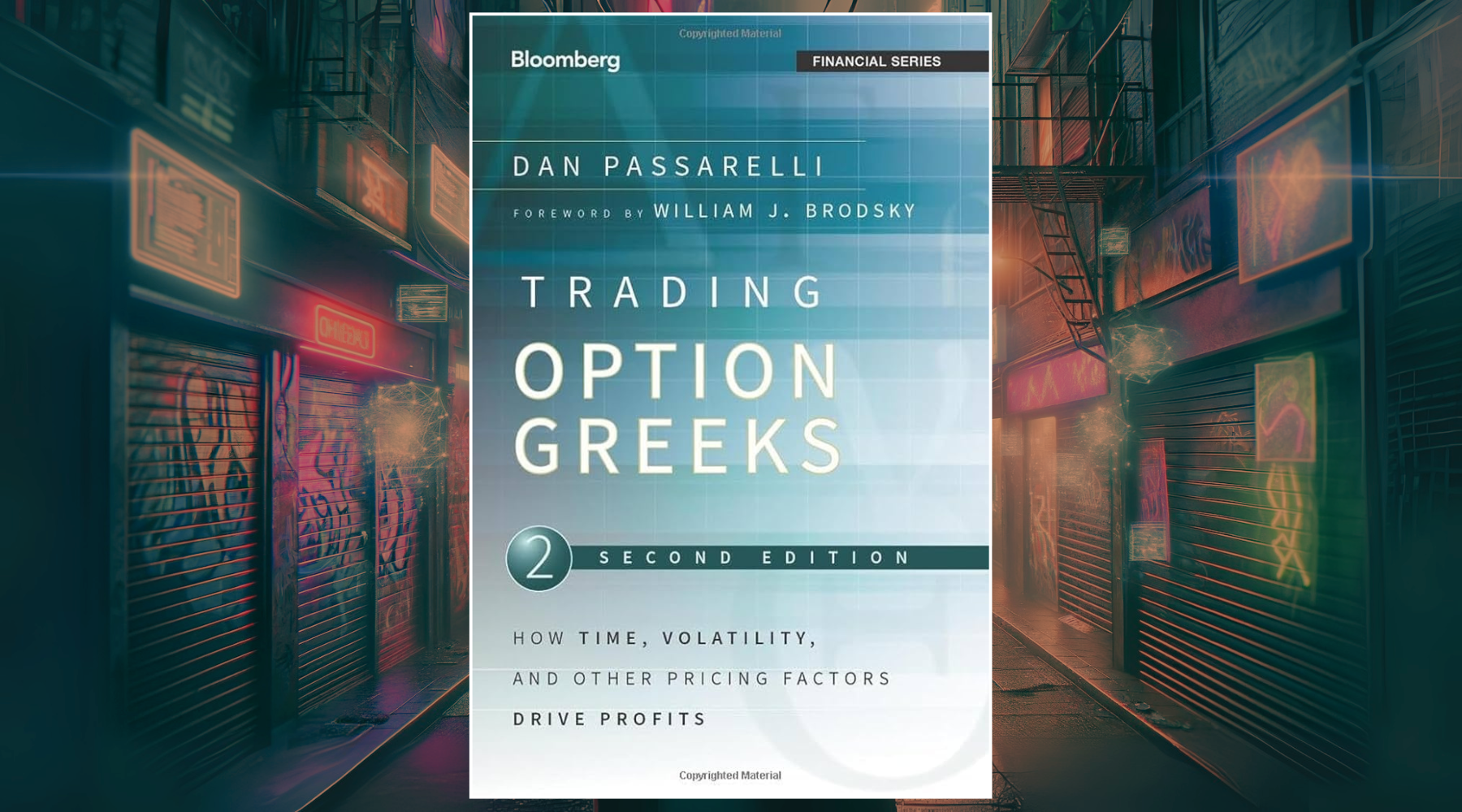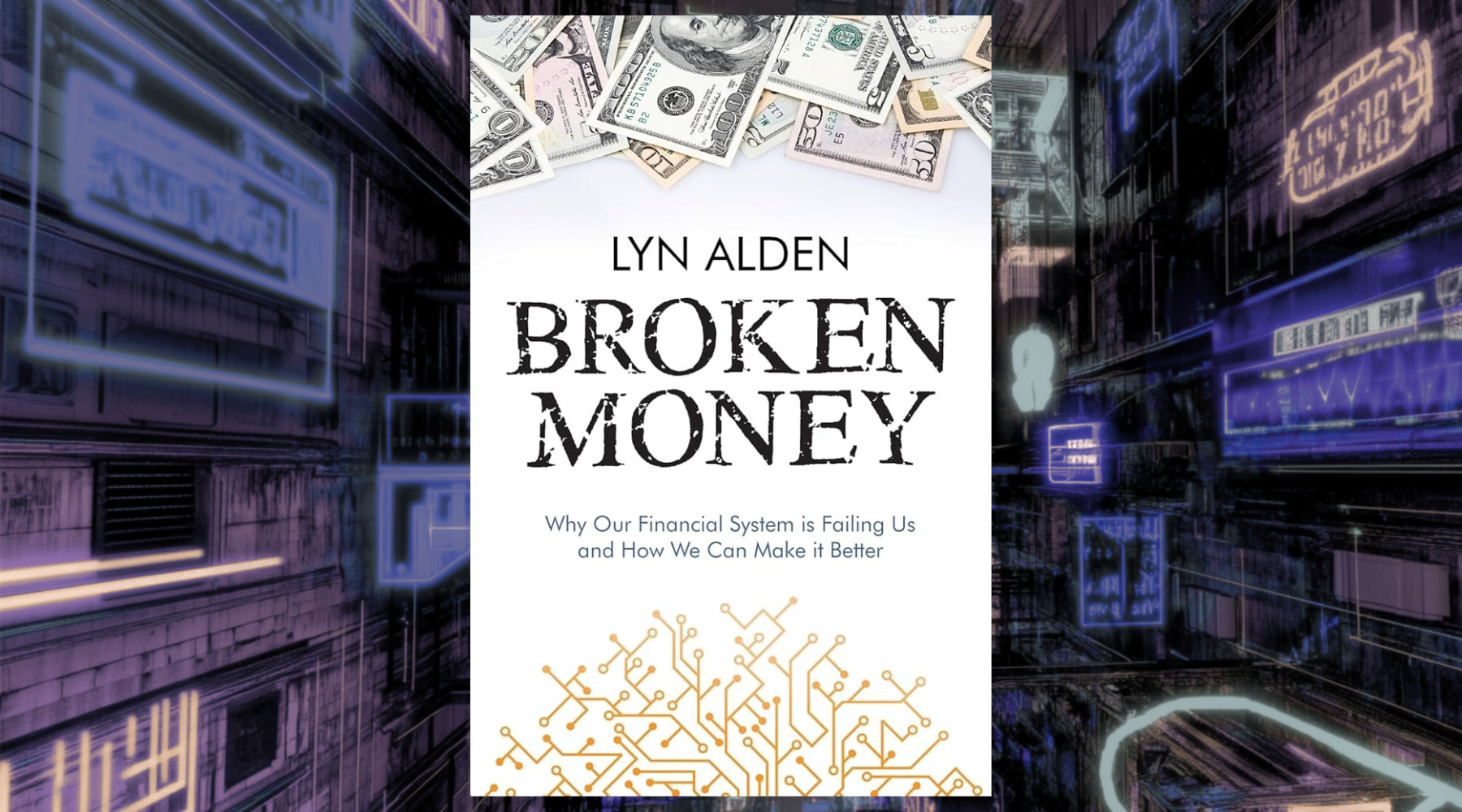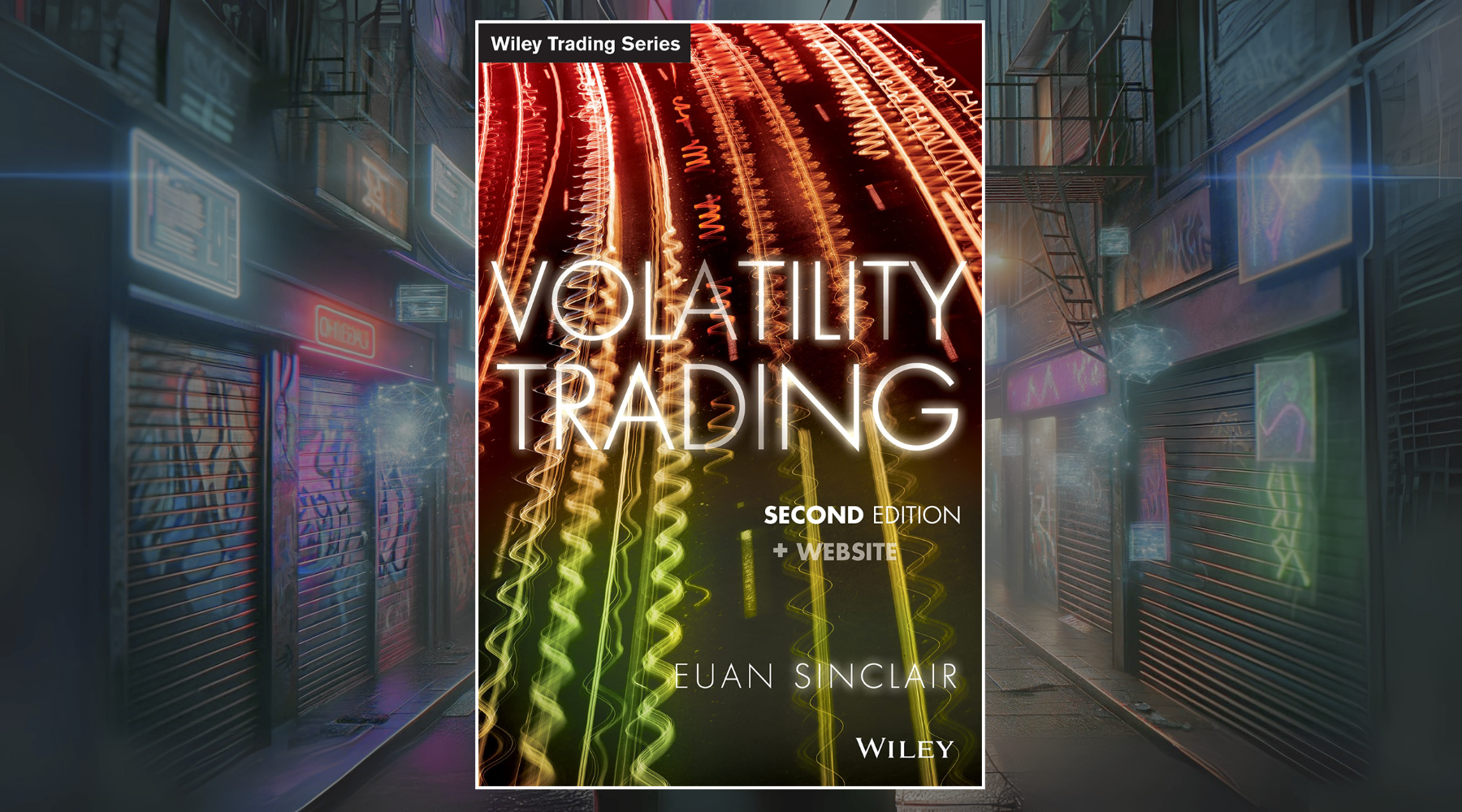The Free Market and Its Enemies: by Ludwig Von Mises
My Book Review & Summary
The Free Market and Its Enemies is a collection of 9 short lectures that Mises gave in the summer of 1951. Unlike most of Mises writings, this was directly transcribed by one of his students at his lectures. The summary of the 9 lectures is a broad look at his views on economics, history, philosophy, and society.
After reading this book, you get a better understanding of how powerful and uncompromising Mises is at defending individual liberty, limited government, and the free market.
A few of the lectures bored me as much as if I was listening to an uninteresting lecture in person, but this is likely because I’ve been reading so much Mises that I’ve heard most of these points enough times. But a couple of the lectures were so good that I ended up highlighting half of the lecture.

Here’s the lectures that I thought were absolutely must-reads:
Marxism, Socialism, and Pseudo-Science
In this lecture, Mises criticizes Karl Marx’s theory that socialism is inevitable. Marx claimed to have discovered a law of social evolution indicating that socialism was the next phase after capitalism through the laws of nature.
“The driving force of Karl Marx was not Geist or spirit but something called the “material productive forces.” These forces push the history of mankind through various successive stages, the next to the last of which is capitalism. After capitalism comes inexorably the last stage – socialism. Therefore, according to this theory, the coming of socialism is inevitable, determined by the forces of history.”~ Ludwig Von Mises, The Free Market and It's Enemies
Mises goes on to debate this idea by pointing out that socialism is not a better system, so why would socialism be the next step in this evolution towards a better world? And what is the point of a Socialist Party if socialism is already the coming system?
The Free Market and its Enemies: Pseudo-Science, Socialism, and Inflation
Ludwig von Mises's powerful defense of free market capitalism against its critics. This essential work exposes the flaws in socialist economic theory, the dangers of government intervention, and the destructive effects of inflation on economic prosperity. A foundational text for understanding Austrian economics and free market principles.
View on AmazonThe Gold Standard: Its Importance and Restoration
In this lecture, Mises stresses that bringing back the gold standard would protect individual freedom and keep economies secure. Without it, governments tend to adopt harmful policies that disrupt markets and lead to economic crises. Restoring the gold standard would create a stable monetary environment and stop governments from causing inflation that undermines the economy.
The problem isn’t ‘should we return to the gold standard?’, the real problem is ‘how do we return to the gold standard?’
Governments don’t want to be on the gold standard because they see the benefits of inflation with the fiat system. In our current system, the government is always the first to get their hands on the newly created money, so they spend the money before they are hit with the inflation they are creating.

Money, Credit, and the Business Cycle
In this one, Mises explains how the manipulation of money and credit by governments leads to economic booms and busts. He argues that when central banks artificially lower interest rates and expand credit, it encourages businesses to make investments that aren't sustainable in the long run. These "boom" periods eventually lead to a "bust" when the economy corrects itself, as the unsound investments collapse.
Mises believes that true economic stability can only come from allowing markets to control interest rates and credit naturally, without government interference. When left to the market, businesses and consumers make more sound financial decisions, reducing the risk of major economic crises.
“A group of English economists and bankers began to realize that the problem was the boom-bust trade cycle and that the cause of the bust, the depression, was the preceding boom and credit expansion by the banks must be eliminated.”~ Ludwig Von Mises, The Free Market and It's Enemies
In short, the government's manipulation of money and credit is the root cause of the business cycle's highs and lows.

The Business Cycle and Beyond
This lecture basically starts where the Money, Credit, and the Business Cycle left off. He goes on to talk about the long-term consequences of government interference in the economy, particularly through manipulating money and credit. He explains that artificial credit expansion and low interest rates cause the business cycle's recurring booms and the following depressions. This cycle is now called the “trade cycle”.
“During the nineteenth century there was an almost regular recurrence of booms and depressions. This is what has been called the “trade cycle.” As soon as conditions begin to be normal, the people and the government call for a new credit expansion and the boom begins again… Trade cycles originate as the outcome of a human action – credit expansion.”~ Ludwig Von Mises, The Free Market and It's Enemies
Mises emphasizes that a truly healthy and stable economy can only emerge when government stops manipulating the flow of money and credit, allowing businesses and individuals to make decisions based on real market conditions.

Just the four lectures that I highlighted above are well worth sitting down to read this book. It’s a very short book, and I just read 1 lecture a day while drinking my morning coffee.
If you enjoyed this short summary, check out my favorite Ludwig Von Mises book, Economic Policy. It's another short book of a few lectures that he gave in Argentina in 1959.










Leave a comment
This site is protected by hCaptcha and the hCaptcha Privacy Policy and Terms of Service apply.